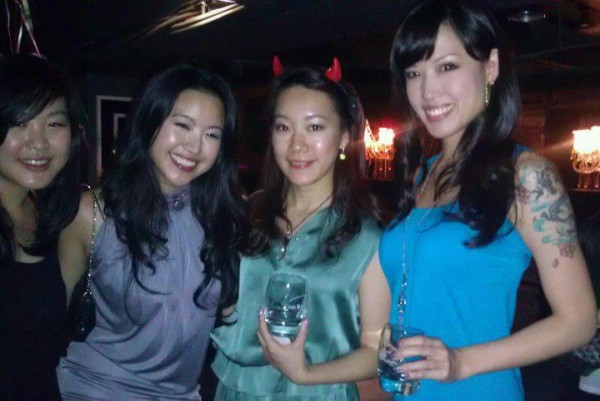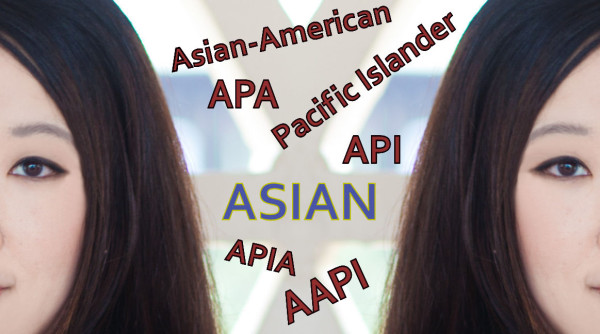I took a graduate level feminist theory class for fun, and we had an interesting discussion about the false dichotomy of gender. Basically, my professor was stating that the concepts of “man” and “woman” were more socially constructed concepts than they were a reflection of reality.
New to the field, I posed the question to my professor: “There are actual physical differences between men and women. So how can we say that gender is a false dichotomy when those physical differences do in fact exist?” In other words, I was just pointing out the simple facts that men and women were definitely different physiologically and even psychologically. There are even differences on the genetic level. How then could she argue that “man” and “woman” were just socially (made up) concepts humans just came up with?
Her answer? The physical human is not a simple “male” or “female”, there is a spectrum of genders, many shades of gray that lie in between the two perceived extremes. On top of that diversity, the physical body is alterable, and not just in terms of plastic surgery or other forms of bodily alteration.
To illustrate the fluidity of the physical body, she used herself as an immigrant example, explaining that when she returned to England, her family there was significantly physically smaller than she or her other American family counterparts were. Though she was from the same genetic background, the actual expression of her genes was heavily affected by the place, culture, climate, and diet in which she grew up in. Genotype is not phenotype. Biology 101. This immediately made perfect sense to me because I had the exact same experience with my relatives back in Asia. Asian Americans are not just culturally, linguistically, and psychological different than Asians. We are also very much physically different.
Continue reading

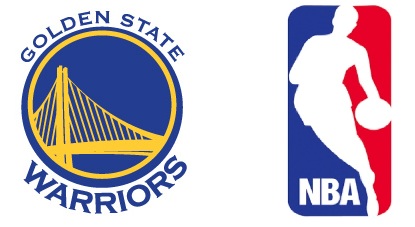
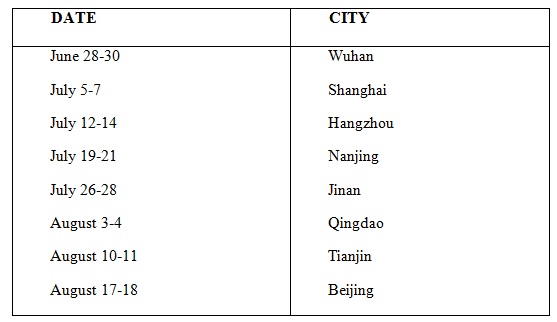
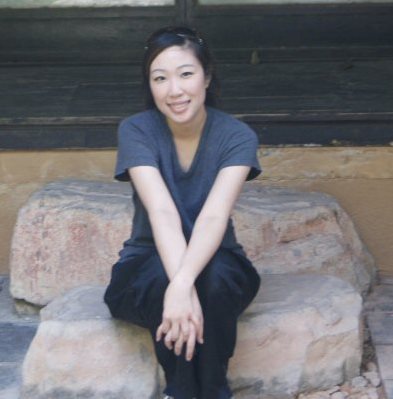
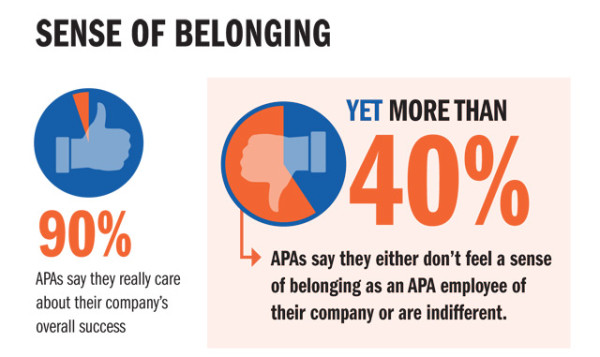
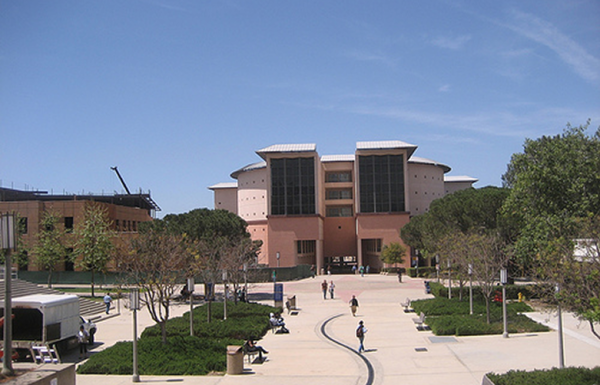
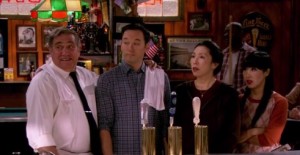 About a year ago,
About a year ago,  But dang. Here is a character around my age who’s got a Korean mom and an Irish dad, someone who, despite a different Asian identity and a very different hometown, is interpreting some of the things I’ve known, some of the things that make growing up hapa different from growing up Asian American or any other kind of American, and I have to admit that it gives me an unexpected feeling of inclusion.
But dang. Here is a character around my age who’s got a Korean mom and an Irish dad, someone who, despite a different Asian identity and a very different hometown, is interpreting some of the things I’ve known, some of the things that make growing up hapa different from growing up Asian American or any other kind of American, and I have to admit that it gives me an unexpected feeling of inclusion. 